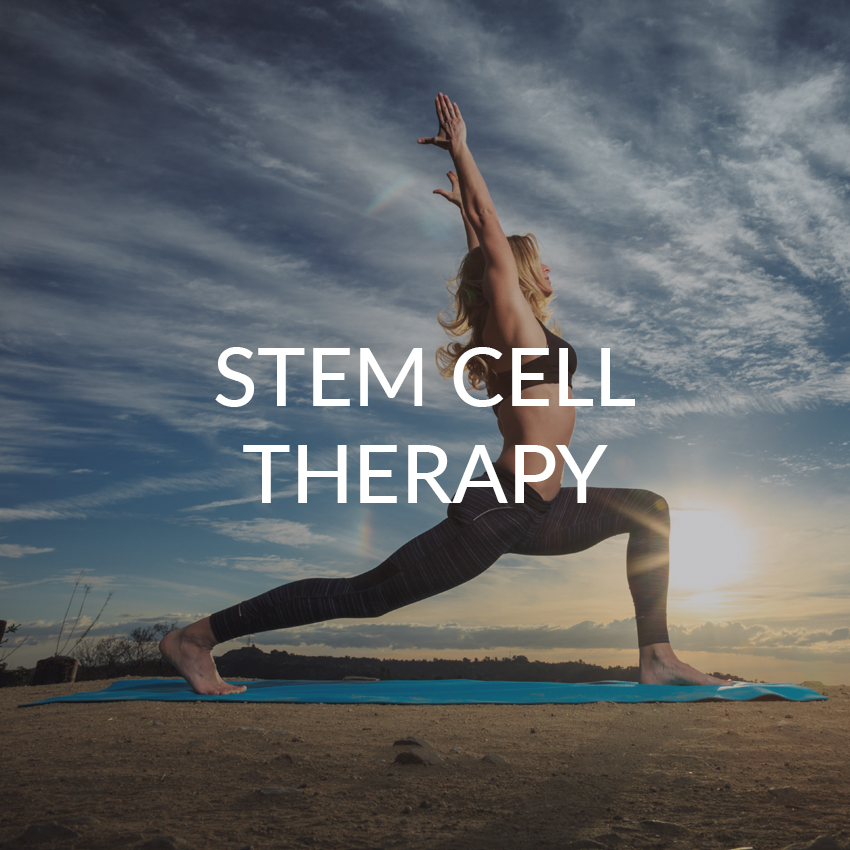Increasing health efficiency

Increasing health efficiency is important especially when the patient is struggling with drug addiction
Increasing health efficiency: Eliminating addiction through quality treatment
Life is full and rich with so many things for us to explore, enjoy and be comfortable. However, we are not able to live life optimally because of several attacks on our bodies. These attacks can be addressed by increasing health efficiency more so for those struggling with all kinds of substance abuse, food or behavioral complications. Problems arising from such conditions impacts on us negatively and that is why we want to focus on increasing our productivity through quality treatment. At the mention of increasing health efficiency, what real rings in your mind? We spoke to doctor Dalal Akoury, MD President and founder of AWAREmed Health and Wellness Resource Center who reiterates that increasing productivity through quality treatment is all about developing a treatment plan that will improve the quality of life by providing practical ways for the proper management and control of the health condition on hand with a sole objective of restoring the patient’s health into productivity and to have an increased ability to function at higher levels.
In relation to health complications that are associated with addiction, mood, and anxiety, we will offer the very best to help you deal with the problem in it’s entire. To be successful in increasing productivity our multidisciplinary treatment team which is all inclusive and includes an attending physician, primary therapist, family therapist, continuing care coordinator, psychologists, therapeutic activity & fitness specialists, licensed integrative therapy practitioners, and naturopathic physicians will collectively and professionally address ally your physiological as well as the psychological effects of your disorders. From that portion of treatment, you can in a flash see that one of the benefits you have with us is the availability of qualifies nurses and doctors alongside many other experts to make you comfortable.
You can, therefore, speak to us today on telephone number 843 213 1480 for any further inquiries and we will address all your needs professionally because ours is to provide treatment that balances each aspect of your health and restoring in totality all that you may have lost due to this present condition you are struggling with. You can rest assured that by the time we will be done with you, you will not only have the best treatment, but also take home with you a comprehensive set of new skills, insights, and resources to sustain the journey of recovery that begins here.
Increasing health efficiency: Custom-made kindhearted and comprehensive care
Comprehensive care includes a complete diagnostic assessment, from which the multidisciplinary team will develop and coordinate your individualized treatment plan. Our team of experts is well trained and they perfectly understand the emotional pain patients and families members go through. With their extensive experience and training, they will provide the highest quality of care for your emotional, physical, and spiritual healing. Finally, it is worth noting that for any successful means of increasing productivity, treatment is very vital as it will provide a foundation for recovery, and it is also essential for you to follow a plan to continue your success.
Increasing health efficiency: Eliminating addiction through quality treatment
http://www.awaremednetwork.com/









